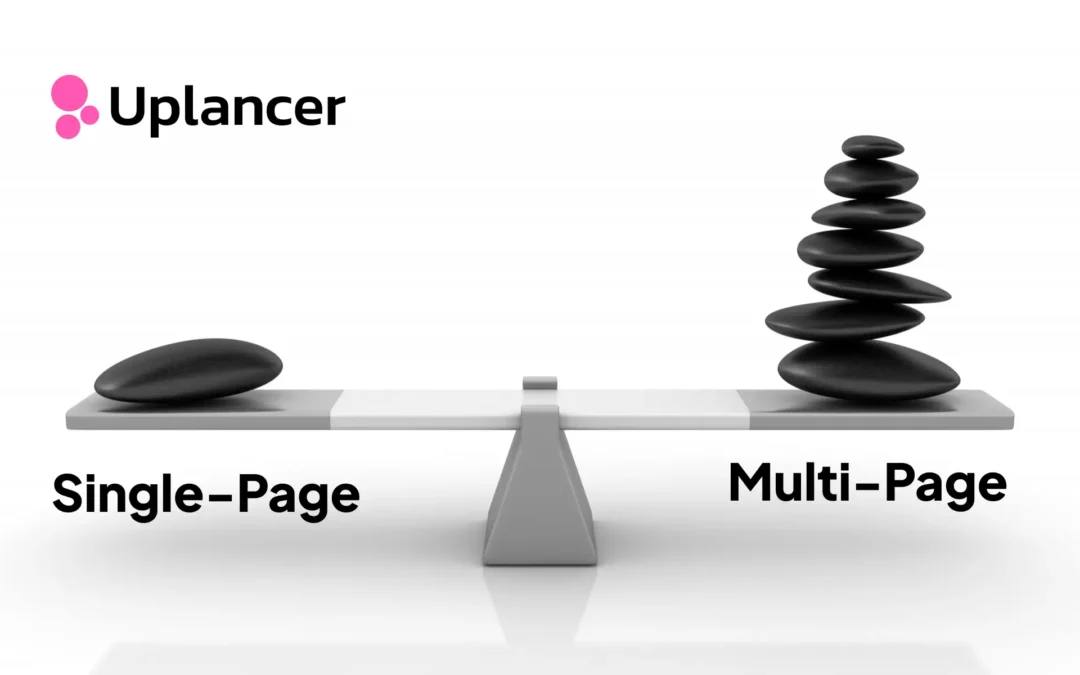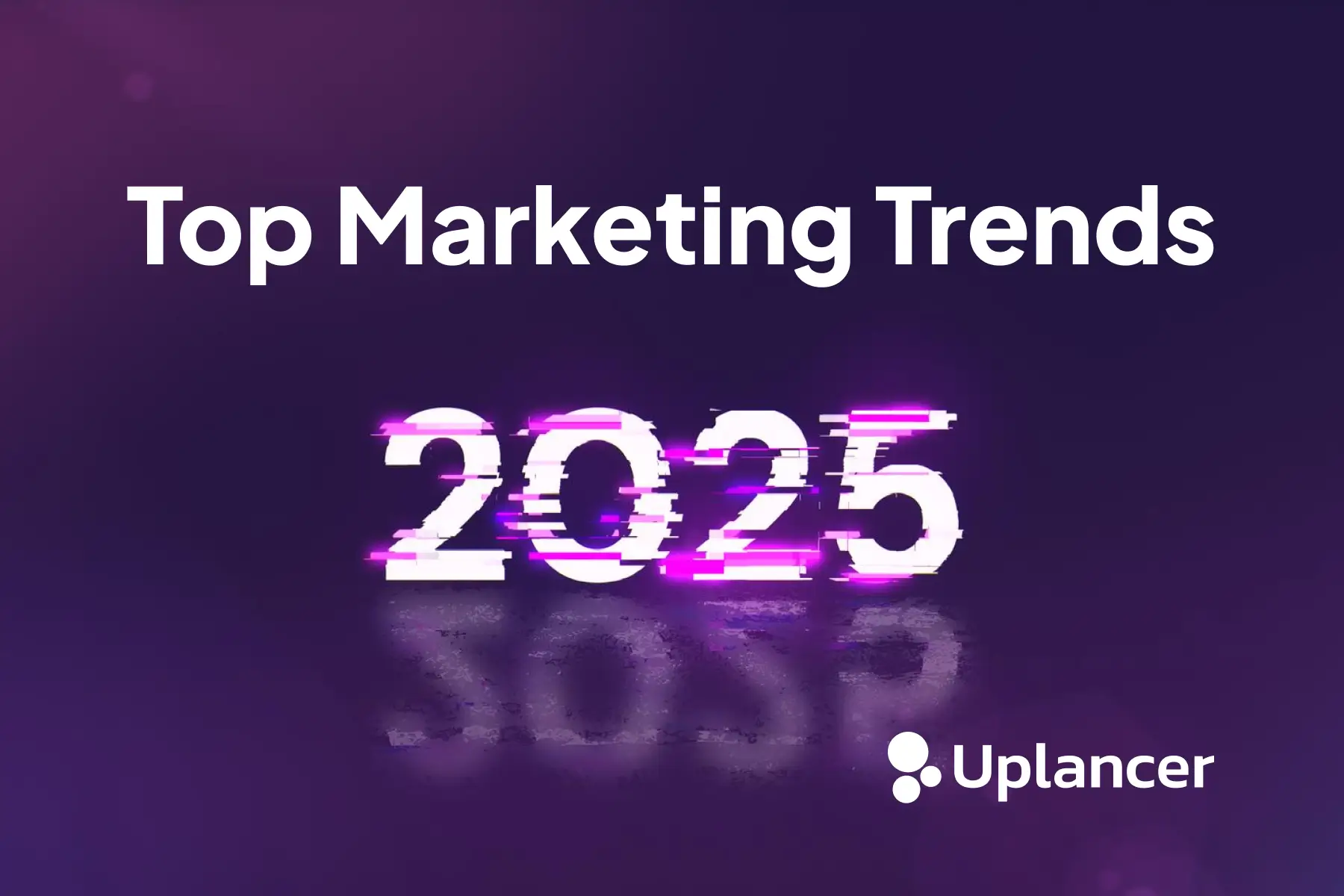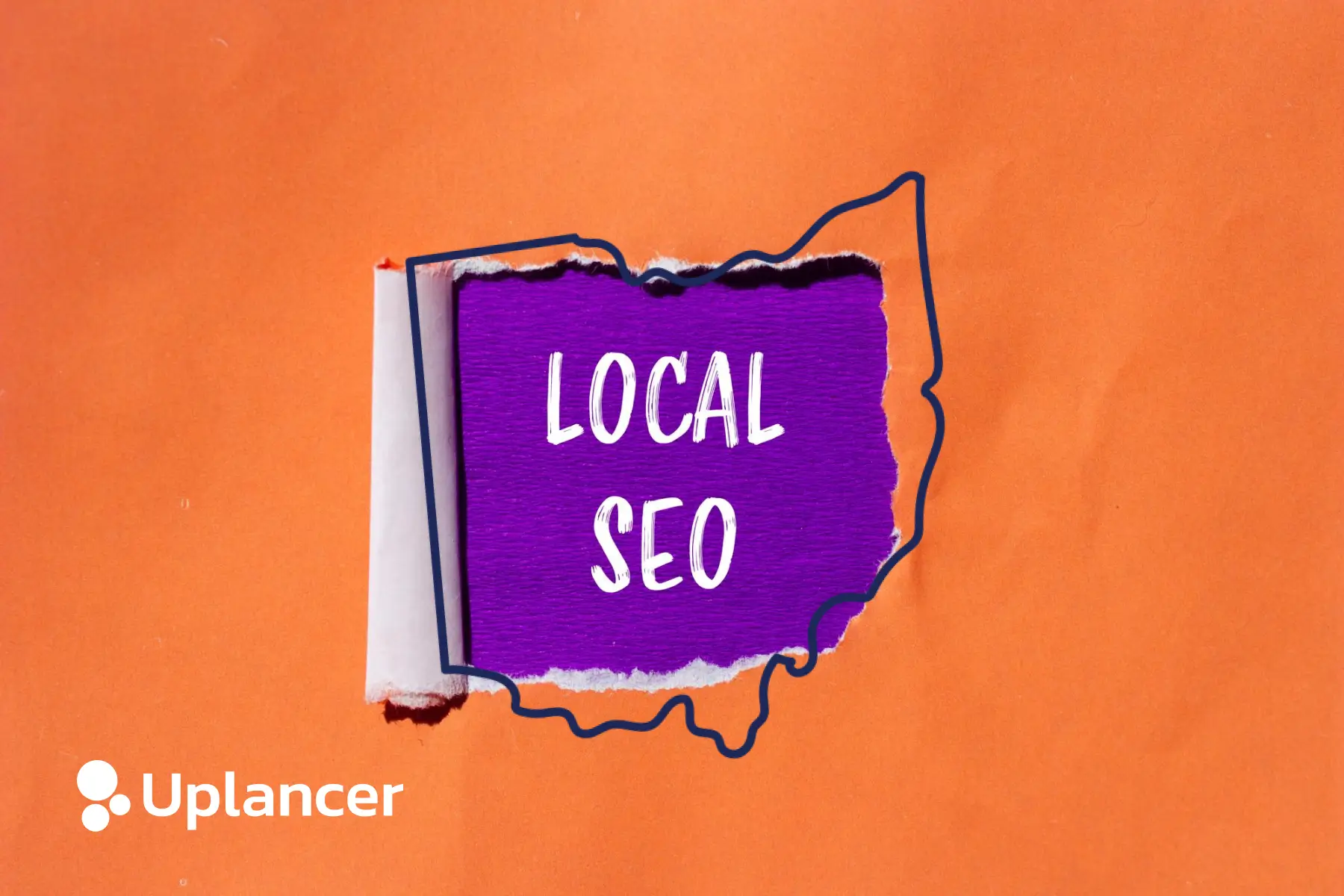We’ve worked with countless websites over the years, and one trend we continue to see, especially among small businesses, is the rise of the single-page website.
If you’re unfamiliar with the concept, a single-page website contains all your core content, such as services, about, and contact details, on one scrollable page. Each section is visually separated, usually with clear headers and colors, rather than content spread across multiple dedicated pages.
While this minimalist approach can be highly effective, it may not be the right fit for every business. Let’s explore when a single-page site is effective and how to optimize it from a web design and development perspective.
Single-Pagers are Great for Proof of Concept Websites
A single-page website is ideal when testing a business idea or launching a proof-of-concept landing page. You can be highly targeted in your messaging, keeping your service, product, or customer segment in mind. Once you’ve proven a concept, the next progression is to expand it into multiple web pages.
Pro Tip: Make each section on a single-page website purposeful and guide users toward one or two clear conversion goals, such as filling out a form or making a call.
They’re a Startup-Friendly Web Design Option
Startups often operate under tight budgets and timelines. That’s why single-page websites are such a popular option for them: single-page websites are cost-effective and easy to maintain.
We frequently see this trend for law firms, executive coaching firms, and consulting firms. Many start with a single-page site, only to expand when they need more content and/or capabilities.
That said, different industries have different expectations. For example, digital marketing or tech clients typically expect a more robust site that goes into more detail about your product and services. In such cases, a multi-page website is the right option.
So, if you’re an early-stage small business needing an online presence to support fundraising, sales conversations, or product launches, consult with a web design team for help today. Or go with Uplancer to take the common sense approach to building your website.
It’s a Quick Way to Establish Your Web Presence
The biggest advantage of a single-page site is speed. From a strategic standpoint, a single-pager can serve as a temporary landing page to direct web traffic while you work on the full website. We usually recommend a single-page “soft launch” if you already have traffic on standby and your website is a few months out.
When executed well, these soft launch sites:
- Load quickly for better performance.
- Bridge the communication gap between you and your customers.
- Guide visitors toward a call-to-action.
- Are mobile-friendly by default.
- Are ideal for paid media landing pages.
- Are less distracting regarding content.
Single-Page Doesn’t Mean Lazy Effort
Here’s an important tip: choosing a single-page website doesn’t mean you can skip best practices.
Even these small websites must include:
- Proper SEO structure with schema, meta titles, and alt text.
- Analytics like GA4 to track performance and gather customer insights.
- Responsive web design for mobile and desktop.
- Fast page load times and optimized media.
- Clear, visually distinct sections with compelling and engaging copy.
- Most importantly, your site must still reflect your brand.
The Bottom Line / TLDR
A single-page website can be a smart move for businesses, especially in the early stages or when running marketing campaigns. It’s easier to build, faster to launch, and allows for a streamlined user experience. But it’s not a shortcut; it still requires thoughtful web design, SEO-friendly development, and clear messaging.
If you’re unsure whether to opt for a single-page or multi-page site, consult with a web design professional who understands how to balance form, function, and your business needs.
Reach out today and get started with your website.













